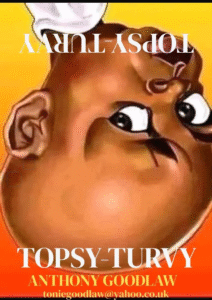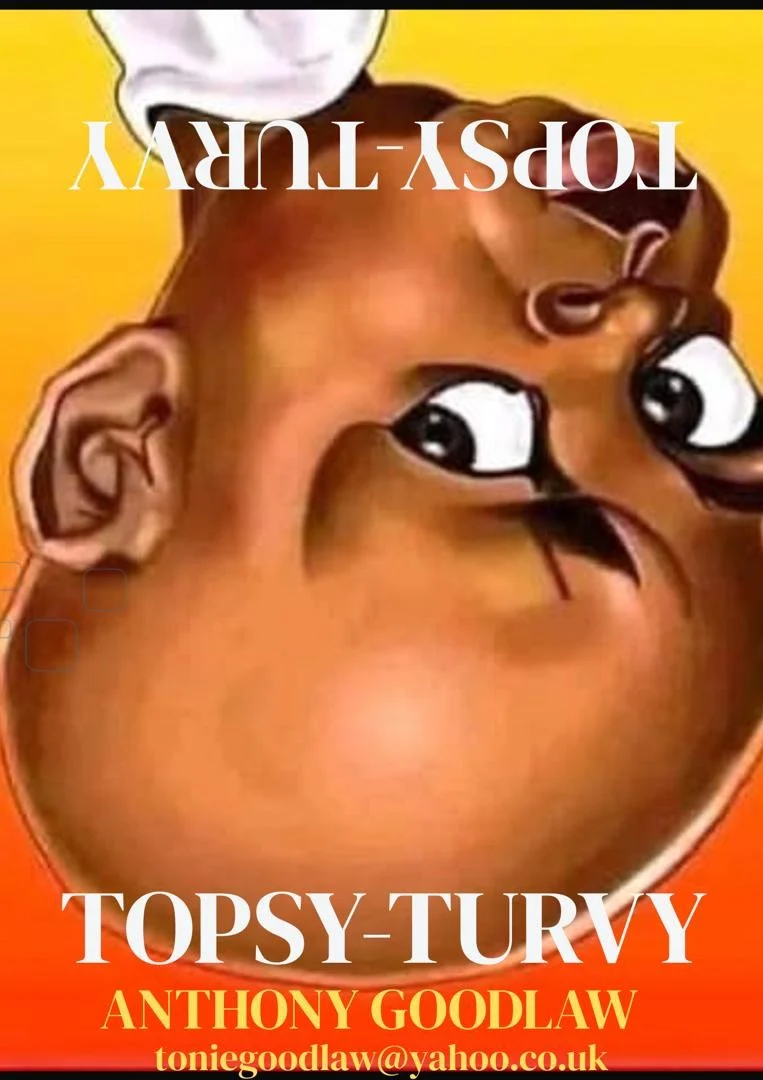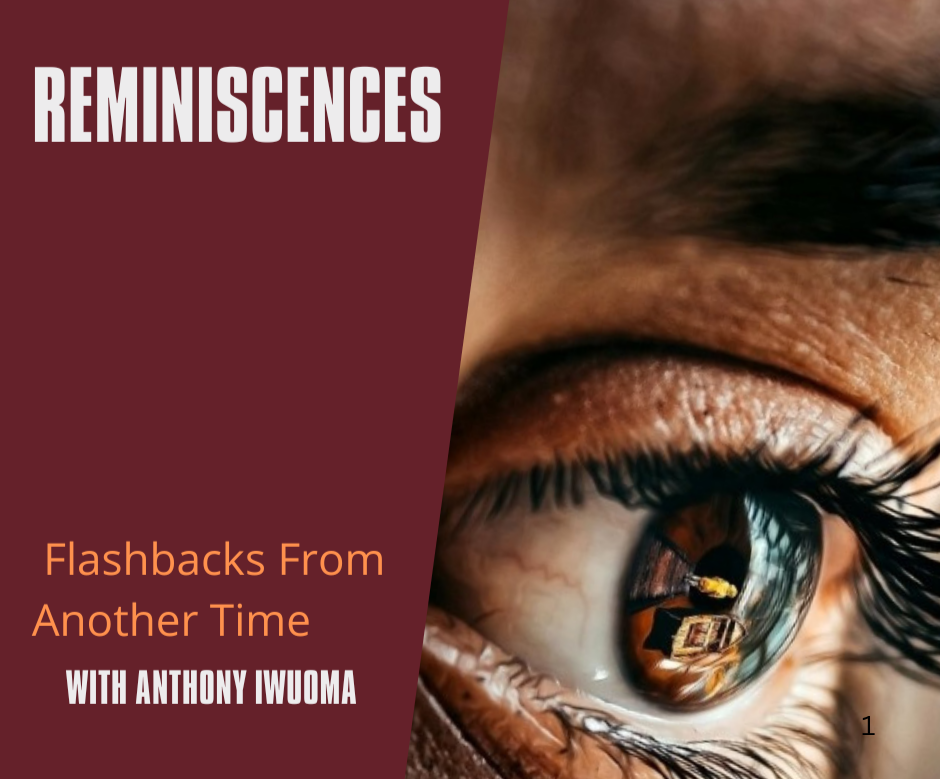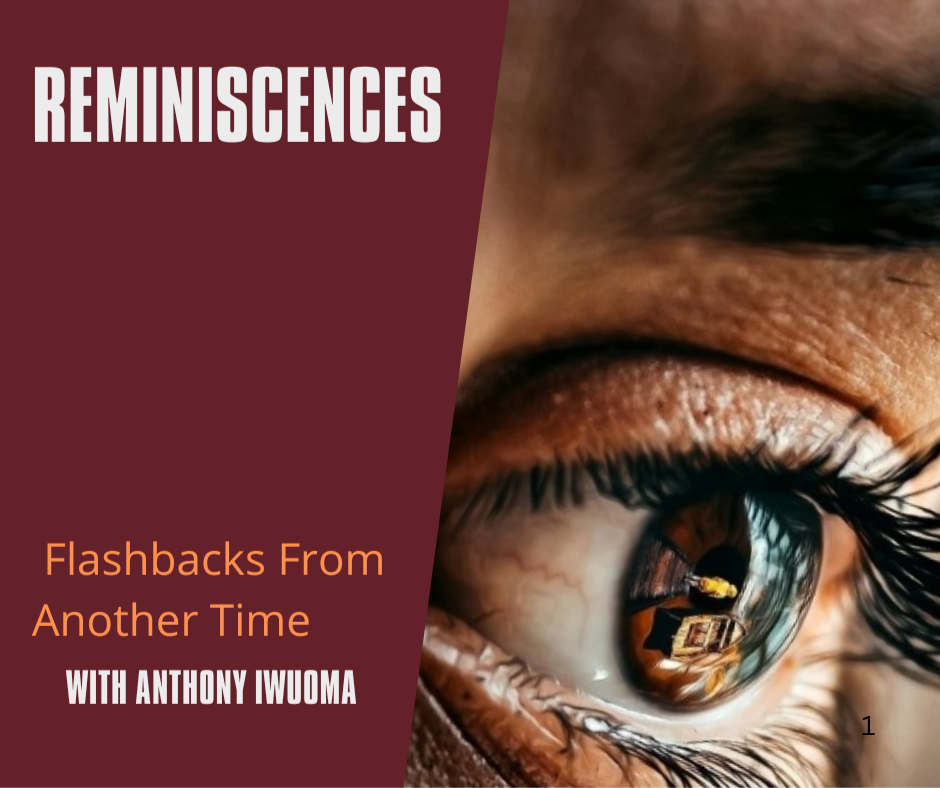
By Publisher
Kindly share:
As the sun rises on yet another cycle of Nigerian politics, a curious thing has happened. No, it’s not that fuel is now being sold at the price of a semester’s tuition. Nor is it the fact that insecurity still strolls through communities like it pays rent. Rather, the opposition, long divided by ego, ambition, and old WhatsApp group beefs, has finally done the unthinkable.
They have found a logo.
Yes, ladies and gentlemen, the African Democratic Congress, ADC, a party previously known for producing more press releases than councillors, has been officially adopted as the umbrella under which opposition forces will shelter themselves from the torrential downpour of APC dominance. It’s a bold move. Also, a desperate one.
But before we begin applauding, let us set the stage properly. Because, as always, this coalition is not about Nigerians. It is about 2027. And just like in 2015, 2019, and 2023, you, the voter,are the moral mascot in a match you will never be invited to play.
For years, the ADC has existed quietly in the corner of Nigeria’s political landscape, politely contesting elections and losing gracefully. It has functioned as a boutique party, big enough to be mentioned in INEC documents, small enough to lose its deposit in most states. But politics, like Nollywood, loves a good comeback story. And in a political environment where PDP is weighed down by internal civil wars, Labour Party is still recovering from “structure shock,” and APC is both ruling and fighting itself, ADC has suddenly become the unlikely bride.
They have now been adopted as the vehicle or, perhaps, more aptly, the Keke Napep, of the opposition coalition. A coalition of individuals who once could not agree on lunch menus now unite under one logo and one ambition: To unseat APC in 2027.
Of course, this has less to do with the ADC’s ideology (no one has read it) and more to do with convenience. The ADC’s relative emptiness means it offers a blank slate, a ready-made party without the baggage of multiple presidential losers or court-ordered chairmen. It is a clean shirt for dirty players.
But can it work?
There’s no doubt that the ADC’s adoption brings some strategic advantages. For starters, it saves the coalition the rigours of getting legal recognition for its earlier flown kite, ADA. It also offers a unified platform, a legal entity that can be organised and funded without the friction of merger bureaucracy (remember the CPC-ACN-ANPP wedding of 2013?). This move avoids INEC registration battles and gives coalition players a quick runway for 2027.
If the coalition can rally behind one presidential candidate, and that’s a Mount Kilimanjaro–sized if, they could conceivably build the kind of momentum that shocked the system in 2015. The public is disillusioned. The economy is a mess. Security is fragile. Voters are angry, unemployed, and increasingly skeptical. The moment is ripe.
But there’s a catch. Several, actually.
The ADC lacks a political base. It is not rooted anywhere. No strongholds. No governors. No thundering crowds in the North-west. No traditional loyalties in the South-east. If this coalition succeeds, it will do so not because of ADC, but despite it.
The coalition has too many captains but without a ship. It includes former governors, ex-senators, technocrats, activists-turned-candidates, and two former presidential aspirants, who believe they were robbed in 2023. They all claim they want to save Nigeria. What they really want is to drive the ADC bus. Unfortunately, no one wants to sit at the back.
There is also the Labour Party elephant. Peter Obi and the LP still maintain significant grassroots appeal, especially among younger voters. Will LP collapse into ADC? Will ADC become a junior partner to LP? Will this alliance simply split the anti-APC vote once again? These are the questions the ruling party prays the coalition fails to answer.
Moreover, the coalition has a headache on its hands, and that is ethnic, regional, and religious balancing. Nigerian elections are not chess. They are geopolitical sudoku. North-South. Christian-Muslim. Minority-Majority. The coalition will need to balance these interests without looking like a recycling plant for 2023’s political failures.
APC, of course, is watching. Not with panic, maybe, but with popcorn.
Why? Because APC knows Nigeria’s political calendar better than INEC. They understand that coalitions don’t threaten power, competent coalitions do. And until this opposition alliance proves that it can move from press conferences to polling units, the ruling party has little to fear.
This coalition might even help APC. If the coalition fails to bring Labour Party on board, or if it creates more intra-opposition fighting, it could weaken the anti-APC front. APC would then only need its base turnout to win in a fractured field. APC strategists now have a face to attack. Rather than responding to every LP tweet or PDP jab, they can now focus their messaging on “the ADC gang”, painting them as opportunists, bitter losers, or even security threats (depending on the week). Additionally, APC has the machinery. Media allies. Federal might driven by the Asiwaju, the strategic political games master. Governors. It has successfully poached many governors, even by subtlety as accused, and still counting. They will likely focus on showcasing “progress” over the next 18 months, commissioning projects, announcing disbursements, and spinning hardship into reform. The goal is to make the opposition look chaotic while they look composed.
However, APC also knows that in Nigeria, no one is ever too big to fall. A united, disciplined, and strategically sound coalition could unseat them. But the opposition must avoid the self-sabotage that has plagued Nigerian politics since 1999.
And what of Nigerians? What do the masses gain from this new political alignment?
So far, nothing.
No clear policy proposals have emerged. No new ideas. No solution to petrol prices, insecurity, or collapsed infrastructure. Just alignment. Positioning. Logo changes. Grand statements made in polished English while people boil water with firewood.
Nigerians, once again, are the object of the political poem, not the authors. They are spectators at a game rigged in favour of the rich. Election cycles come and go; suffering stays. The rich plan elections from Dubai, while the poor queue in the rain for PVCs.
The adoption of ADC by the opposition is not necessarily a bad thing. If it leads to real engagement, to mass mobilisation, and to a clear agenda for national renewal, it could be a turning point.
But let us be honest: Many of the names backing this coalition have been in and out of office, switching parties more times than a NEPA pole changes voltage. Until Nigerians see genuine intention and new faces with fresh plans, this coalition will be viewed for what it is: A political Ponzi scheme where the elite reshuffle themselves and the poor stay at the bottom of the pyramid.
The theatrical tradition continues with endorsements from traditional rulers and prophecies from pastors. A palace visit is broadcast. A prophecy becomes news. It’s all part of the campaign apparatus. Houses of worship break into adoration sessions for candidates.
Generosity becomes political capital. Fund palace renovations, and you get a blessing. Offer church donations, and you receive prophetic sponsorship. Religion and tradition are repurposed into marketing tools. Faith becomes collateral in electoral warfare.
2026 will bring manifestos. Each will contain 32-point plans filled with flourish, recycled buzzwords, and borrowed ideas, each copy-pasted and slapped onto party letterheads. The font will be Comic Sans, the language aspirational beyond comprehension.
Promising digital economies, youth empowerment, security, and improved agriculture, manifesto authors hope Nigerians overlook infrastructure deficits. These manifestos are designed for slick visual presentation and shareable sound bites, not implementation.
The real casualty is Nigeria itself. Every political move distracts from meaningful reform. Politicians scramble for power, not solutions. They treat social services as campaign merchandise. Major infrastructure projects stall during coalition talks. Ministries shuffle budgets toward campaign-friendly spending.
Health, education, and rural development all become secondary to political gain. And Nigerians, ground down by insecurity, economic stagnation, and institutional neglect, see their voices drowned in electioneering noise.
If Nigerians must endure this circus again in 2027, let them at least enter the ring with their eyes open. Politics is not charity. No one is saving Nigeria out of kindness. The only thing that scares the political class is an electorate that is wide awake, organised, and unbuyable.
So, as you hear more about ADC, remember: it’s not about the logo, it’s about the people behind it. If they are the same people who have failed you before, then it doesn’t matter what acronym they wear. A recycled agbada with a high-rise cap is still agbada. And recycled politicians still smell like mothballs and manifesto dust.
The coalition we need is not among politicians. It must be among Nigerians united in their demand for transparency, infrastructure development, access to health, quality education, jobs, not political convenience.
When politicians gather, be it from the APC, PDP, LP, or the next coalition on display, they must face Nigerians ready to hold them to account. Only then will the spectacle of 2027 shift from political showmanship to democratic substance.
The stage is set. The lights are on. But will Nigerians finally write their own script? Or will they, once again, clap for actors who forgot their lines years ago?
Time will tell.




